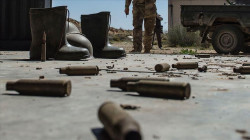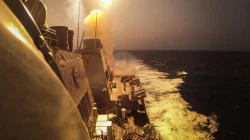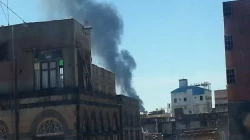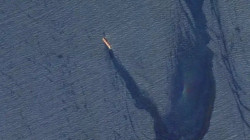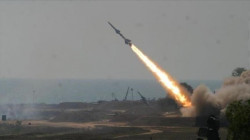Former CENTCOM Commander Reveals Details of Soleimani Assassination in New Book
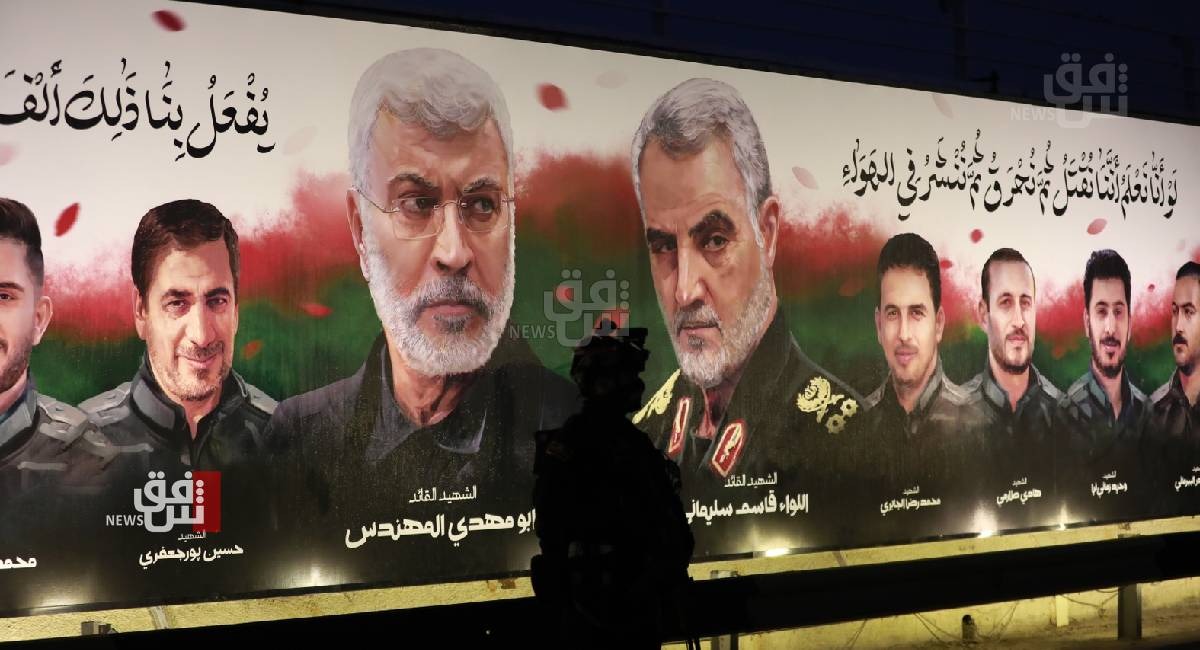
Shafaq News/ General Kenneth Frank McKenzie, the former head of U.S. Central Command who oversaw the assassination of Qassem Soleimani, the commander of the Quds Force in Iran's Revolutionary Guard, has disclosed details of the operation in his new book.
In "Point of Fusion," McKenzie recounts that since assuming command in March 2019, he was asked if there was a plan to target Soleimani and the potential Iranian reactions.
Movements Tracked
McKenzie reveals that U.S. intelligence was consistently aware of Soleimani's movements, particularly his regular visits to Baghdad's airport. He noted that 36 hours before Soleimani left Damascus for Baghdad, U.S. intelligence knew which plane he would be on. According to McKenzie, Soleimani's increasing notoriety led to growing arrogance, as reported by "The Atlantic."
McKenzie, who oversaw the strike on Soleimani, described him as a "dictator" who often acted independently, without consulting Iranian intelligence, the military, or even the Revolutionary Guard.
McKenzie confirmed that Soleimani "cleverly supported the return of U.S. forces to Iraq," making the U.S. take on the burdensome task of defeating ISIS, then targeted U.S. and coalition forces to drive them out of Iraq.
"Untouchable" Confidence
McKenzie also described how Soleimani's confidence grew to the point where he believed he was untouchable. When asked about the possibility of being targeted in 2019, Soleimani reportedly said, "What will they do, kill me?"
As CENTCOM commander, McKenzie argued that Soleimani's assassination forced Iranian leaders to reconsider their escalation against U.S. forces, providing a stark lesson that Tehran respects American strength and responds to deterrence.
Significant Figure
Soleimani was a central figure in modern U.S.-Iranian relations, becoming a prominent face of the IRGC over 30 years. He joined the Revolutionary Guard in 1979 and rose to prominence during the Iran-Iraq War, eventually leading the Quds Force, an elite unit focusing on unconventional operations outside Iran.
Fluent in Arabic, Soleimani expanded Iran's influence across the region and maintained direct contact with Iran's Supreme Leader, Ali Khamenei, becoming like a son to him. Promoted to Major General in 2011, he was highlighted as a "hero in Iran" by The New Yorker in 2014.
Soleimani was killed in a U.S. strike at Baghdad Airport in January 2020 after months of attacks on U.S. forces in Iraq and Syria instigated by the Quds Force. The assassination escalated U.S.-Iranian tensions, with Tehran vowing retaliation, which was limited to minor missile strikes on a U.S. base causing slight injuries to soldiers.
